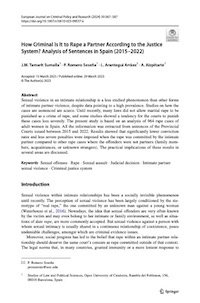By The International Crisis Group
What’s new? Colombia’s government has made environmental protection a priority. But armed groups control large parts of the endangered Amazon rainforest, making that goal hard to achieve. One group in particular, the Central Armed Command, or EMC, has shown it has the power to slow or accelerate deforestation at will. Why does it matter? Armed groups’ tightening grip on the Colombian Amazon has further jeopardised the health of a forest that plays a crucial role in the planet’s climate. People living under these groups’ yoke have been left vulnerable to the whims of criminals bent on expanding their illicit businesses. What should be done? Colombia’s government should pursue negotiations with armed groups and plot ways to curb deforestation. But it should also assert its authority in the Amazon through development programs fostering livelihoods that do not harm the environment, efforts to combat large-scale environmental offenders and reinforced coordination of security, peace and environment policies.
Bogotá/New York/Brussels, International Crisis Group, 2024. 32p.



